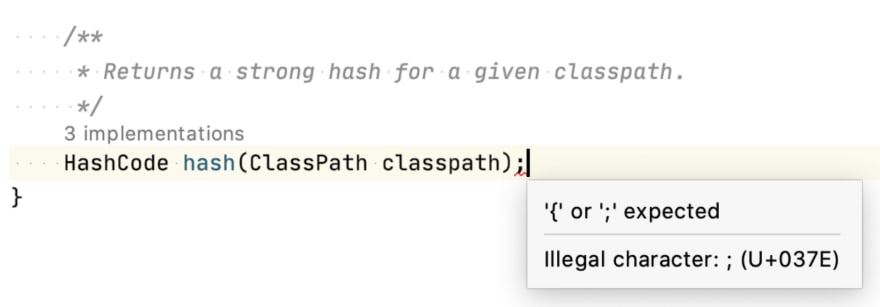
In most situations, claims relating to the topic should be supported by explicitly referring to prior scholarship on the subject, through citation of relevant scholars and publications. Rule #3: Claims should be supported through citation of appropriate academic sources. Theological discussions/debates (excepting historical detailing) will be removed, along with pro/anti religious posts. Issues of divine causation are left to the distinct discipline of theology. This is an acknowledged methodological limitation, not a philosophical affirmation. This approach is called “methodological naturalism” and it restricts history claims and the historical method to be limited to human and natural causation. See rule 2 for more details Rule #2: Contributions should not invoke theological beliefs.Ĭlaims involving the supernatural are off-topic for this sub. Modern or contemporary events and movements are not discussed here, nor are questions about personal application.įaith-related and theological questions (“Is God real?”, “Will God punish those in hell forever?”) are also out of the scope of this subreddit. This sub focuses on questions of Biblical interpretation and history (“What did the ancient Canaanites believe about the gods?”, “How does the concept of Hell develop throughout the Bible?”, etc). Rules Rule #1: Submissions, questions, and comments should remain within the confines of academic Biblical studies. Want to know more about the readership of this subreddit? Check out our 2020 Community Survey Report. This subreddit is for everyone, regardless of theological tradition. Published literature has undergone peer review in line with standard academic practices. We study the Bible as a compilation of literature worthy of study like any other ancient text, and as an artifact of the cultures and contexts that produced the Jewish and Christian religions.Īcademic Biblical Studies is a field just like any other in the humanities, with practitioners from many different backgrounds, both religious and non-religious. Relevant topics include general exegetical issues, ancient languages and translation, the study of the historical Jesus, textual criticism, reception history of early Jewish/Christian literature, etc. Chinese turbine manufacturer Sinovel and Greece's Public Power Corporation are discussing building 200MW in the north of the country.This is a subreddit mainly for discussion of early Judaism and Christianity - with a focus on Biblical texts, and other related literature ( 1 Enoch, the Dead Sea Scrolls, etc.) - in a scholarly context. Spanish competitor Acciona has permits on 522MW planned for the Vermio Mountains, pending EIA approval. The country installed 424MW last year, a quarter of its 1.63GW cumulative total. However, Greece is not attractive only to Iberdrola-Rokas, which operates 257MW there.

Yet, with Greece's continued existence in the Eurozone now in question and austerity measures rife, the future of the wind feed-in tariff is far from clear for investors. He said the islands' wind capacity factors, at 30-35%, are well above European averages. Wind in Greece costs around half that, with a EUR90/MWh feed-in tariff on the islands (EUR80/MWh on the mainland). He points out that unlinked Mediterranean islands are paying around EUR170/MWh for wholesale electricity due to high dependency on subsidised oil-fired generation. "Still, the investment is reasonable and just might interest multilateral finance", he added.Īnother consultant, requesting anonymity, said that in less trying times, the project would be "unquestionably attractive". "It's hard to be optimistic given Greece's difficulties," said Eduard Sala de Vedruna, a senior analyst at IHS Emerging Energy Research. Despite over a year of development, Iberdrola-Rokas could offer no indication of how the project will be financed. Building, planned to start in 2014, is expected to be completed by 2017.īeyond that, detail is scarce. Overall, the company will lay 400 kilometres of powerlines across the three islands and seabed, the longest connecting all to the mainland along a 267-kilometre line from Lesbos. The project plans 306MW on the island of Lesbos, 150MW on Quios and 250MW on Limnos. Rokas, Iberdrola's Greek affiliate, has already delivered the environmental impact assessment (EIA) and the power interconnection - which accounts for 40% (EUR720 million) of the total estimated investment - has received broad approval from Greece's regulatory authority for energy.

It says the project will "reactivate local economies" through taxes, a 3% annual wind-power levy on billings and the creation of jobs.

The company claims the project to be the biggest combined renewables development and island power link worldwide. Reactions to the so-called Aegean link are mainly cautious, not helped by Iberdrola's vagueness on detail.


 0 kommentar(er)
0 kommentar(er)
